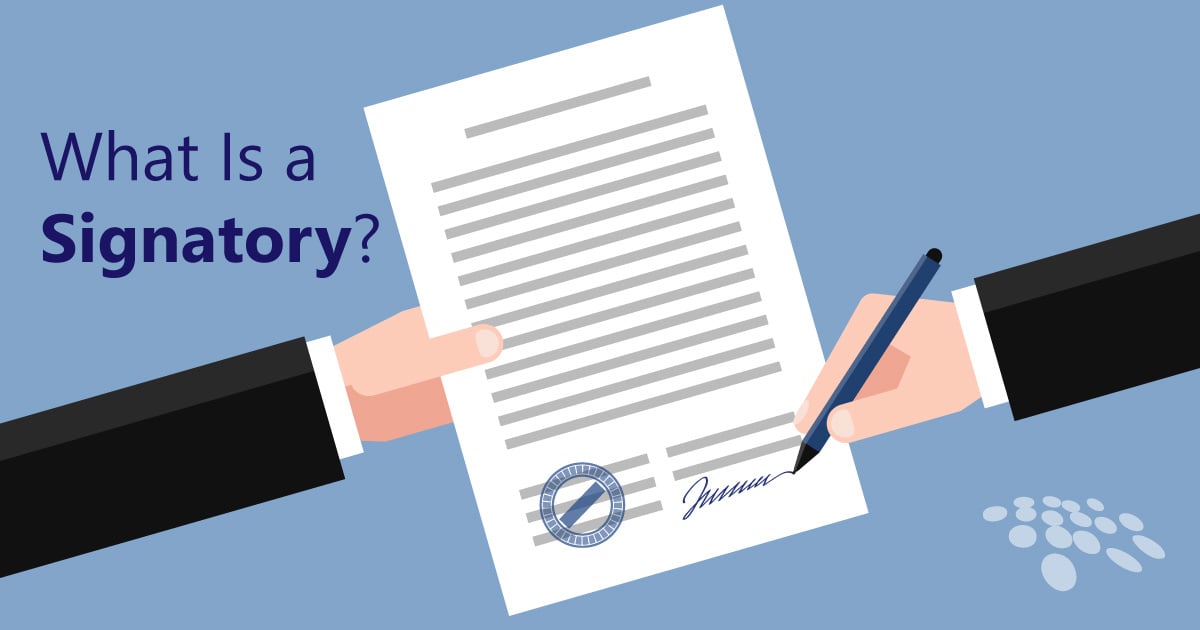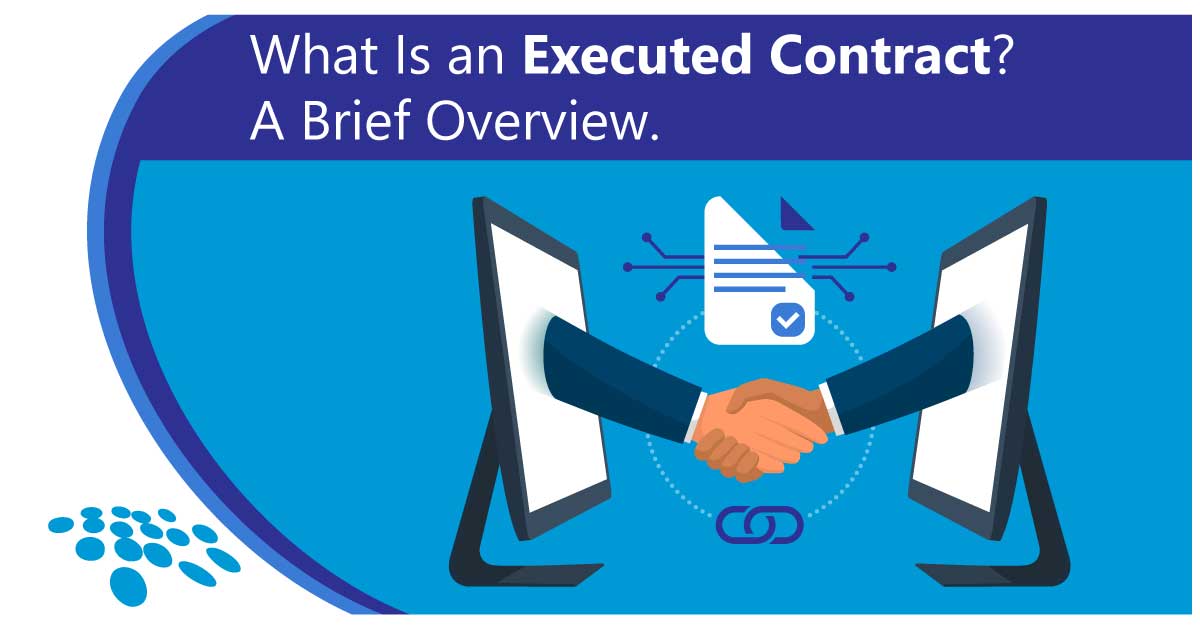What is a signatory? Have you ever come across the term in a contract or other legal document? In simple terms, a signatory is someone who signs on the dotted line to formally indicate their commitment or agreement to a contract. However, a contract signer's responsibilities can vary depending on the context of a contract. This post will delve into the definition of a signatory, explain key aspects of the role, outline the responsibilities, explore the types of signatory, and reveal how to make the job of a signatory easier and more streamlined.
Ratification Definition: What Is Ratification in Contract Law?
By Sean Heck on 04/3/25
What is contract ratification? A contract is not legally binding until it is ratified. Once a contract is ratified, it is transformed from a tentative agreement into a legally enforceable contract. However, the ratification process can be compromised by ambiguous terms and conditions, errors in the management of the agreement, and uncertainties about the authority of the parties involved. To elucidate the purpose of ratifying a contract and how to avoid issues, let's explore contract ratification in detail in this blog post.
Signing Contracts: 5 Tips for a Better Process
By Sean Heck on 12/5/24
Signing contracts is important. A signature seals an agreement between parties, legally binds them, and confirms responsibilities. By signing, you confirm that you have read and understood the terms of the contract and are bound to perform your duties as outlined in the agreement. Financial health, legal standing, and reputation are all on the line. Given the importance of signing contracts, you ought to have a healthy and efficient process for doing so. To that end, here are five tips for a better contract signing process.
What Is a Contract Amendment? How Can Contract Amendments Be Managed?
By Sean Heck on 08/21/24
A contract amendment is a modification of the terms and conditions of a contract or subcontract.
Though we will explore contract amendments more in-depth, it is worth noting that changing the structure, duties, obligations, or rights of a contract requires increased oversight.
To that end, let's explore contract amendments and how disparate, important, and sensitive information can be managed, and contract amendments can be executed smoothly for effective contract management.

























